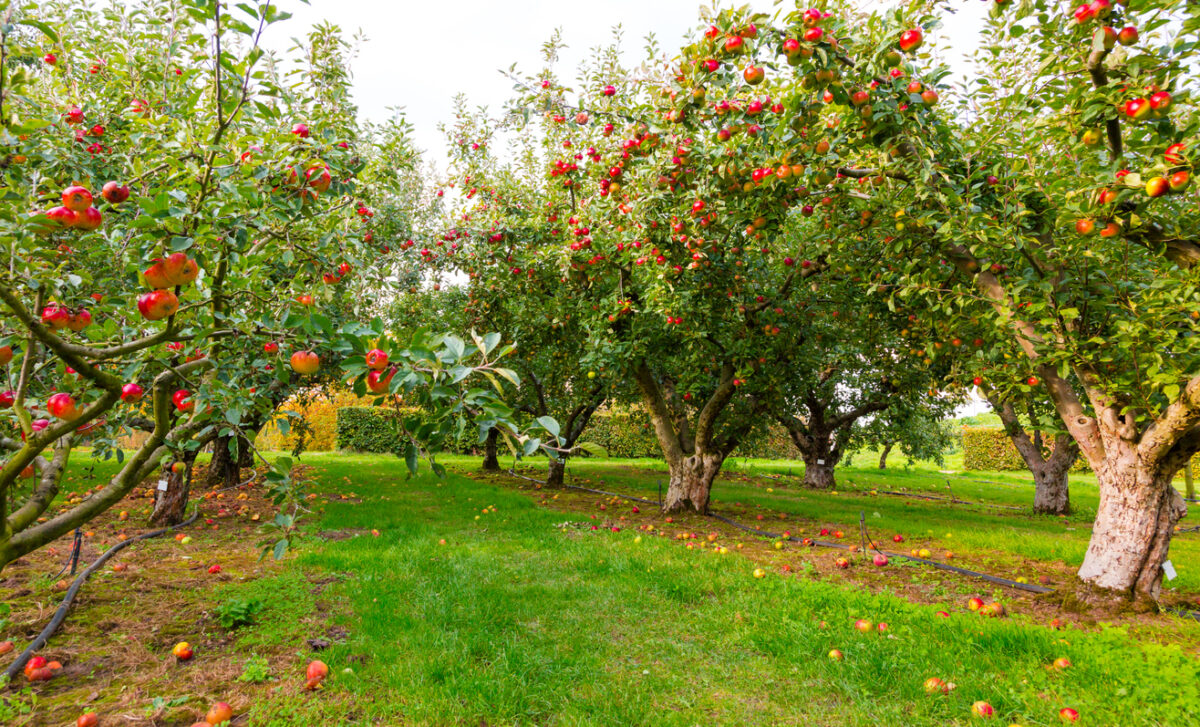Tesco launches ‘swap-shop’ surplus platform for suppliers

Suppliers to Tesco, the UK’s largest supermarket chain, will now be able to cut their waste by selling or donating surplus stock following the launch of the Tesco Exchange platform.
Described by the supermarket as a ‘swap-shop’, Tesco Exchange is an online marketplace which seeks to match Tesco suppliers with too much stock of a product with others who can make use of it.
Suppliers will advertise surplus stock for sale on Tesco Exchange, post requests for items they need, and agree sales between each other. They can also set alerts for when produce they need are posted.
Examples of products which Tesco expects to be traded on the platform include crops, by-products, ingredients or packaging.
As Tesco explains, there are many reasons as to why surplus or waste occurs within food supply chains.
Long periods of good weather, for example, sometimes result in growers having more produce than they can store at one time. Additionally, certain by-products of food processing – like vegetable peelings – are unavoidable.
According to the supermarket, one of the first listings on the platform was made by food manufacturer G’s Group, which supplies Tesco with pickled beetroot. The manufacturing process leaves the company with tonnes of beetroot peelings that could be used by another Tesco supplier as cattle feed.
It is hoped that intercepting these streams can tackle the pervasive problem of on-farm food loss in the UK, which was highlighted in the supermarket’s recent food waste report in collaboration with WWF.
Given that selling surplus goods will result in extra revenue for suppliers and lower production costs, Tesco also expects that consumers will ultimately benefit from Tesco Exchange too.
Sarah Bradbury, Tesco Quality Director, said: “Excess stock or waste for one supplier could be a valuable commodity to another. By linking different farmers, producers and manufacturers together, our suppliers can find new ways to trim their bills, reduce waste, and keep delivering great value for our customers.”
Dr Julian Parfitt, Technical Director at Anthesis, the sustainability activator and developer of Tesco Exchange, added: “Tesco Exchange is a great example of an initiative that the food industry needs to embrace and support in order to directly address commitments on food waste, the circular economy, and move towards more sustainable and resilient supply chains.”
Food waste is one of consumers’ biggest concerns, according to new data. Find out what else motivates their decisions in this episode of the Food Matters Live Podcast:








